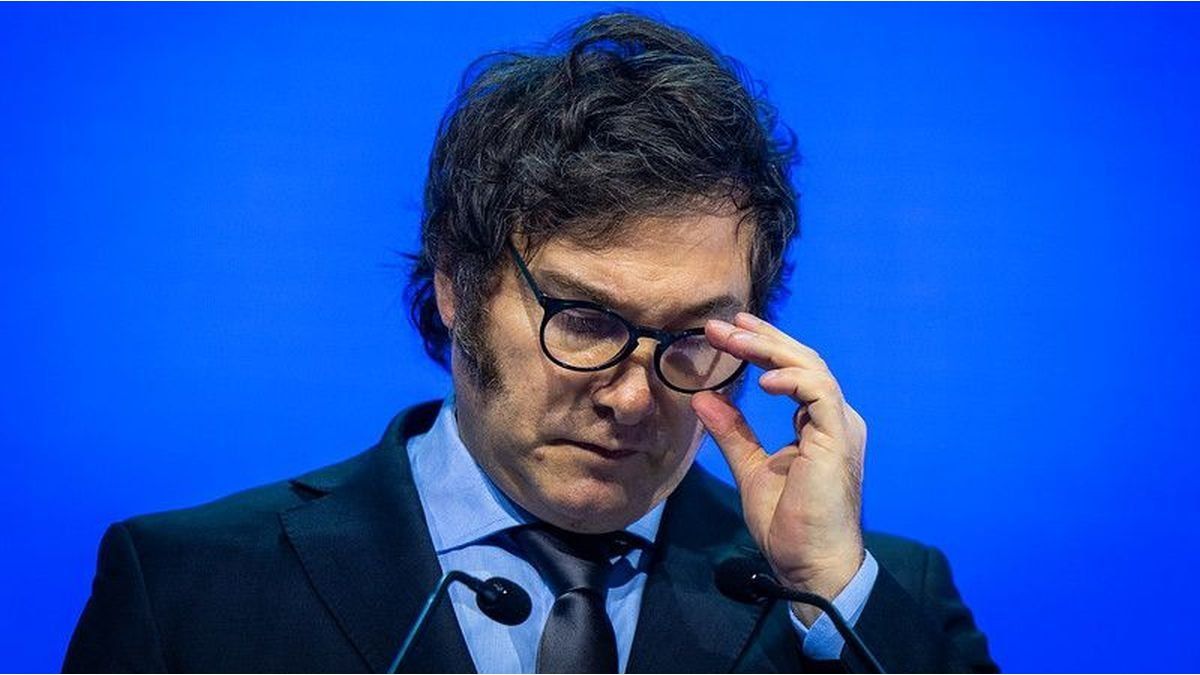Image: VOLKER WEIHBOLD

Image: TINA GERSTMAIR
We all live in a bubble. It is formed where we grow up: at home, at school or in a sports club. In principle this has no negative effects. It becomes problematic, for example, if the environment of young migrants refuses to integrate or there is no prospect of advancement to a higher social class. These young people tend to get on the wrong track. This means they are more vulnerable to ending up in a “criminal bubble.” So-called problem milieus also concern Upper Austria’s police and politicians.
“Within these groups there are their own rules and norms, sometimes religion is above the law, which leads to crime,” says Michael Maurer. As one of ten youth contact officers, one of his tasks is to educate young migrants in personal conversations in order to, at best, deter them from committing (further) crimes. The officials are also in contact with the rioters who turned Linz’s city center upside down on Halloween night 2022.

Image: TINA GERSTMAIR
Chechens are mostly still among themselves
When the riots mark the anniversary in three weeks, the police will arrive with a large contingent. “We will take strict action in the case of the smallest administrative offenses,” says city police commander Karl Pogutter. After the riots, 129 people involved were reported, and a series of trials and convictions followed in the spring. What is striking is that these are young people of different nationalities and backgrounds. Michael Maurer also observes in his police work that the groups are becoming more heterogeneous. For example, Turks, Serbs, Arabs and Afghans are joining forces. Only the Chechens are mostly still among themselves, says Maurer.
Promise of advancement
His experiences coincide with a nationwide study that the sociologist Kenan Güngör had carried out by the research office “think.difference”. One of nine panels of experts, including social workers and police officers, examined the youth scenes in Linz and Wels.
Kenan Güngör presented the results on Monday with State Integration Councilor Wolfgang Hattmannsdorfer (VP), who sees the big challenge in mass mobilization through digital channels such as TikTok. Hattmannsdorfer announced that more offerings will be created in “digital street work” and social media will be increasingly used to prevent incidents like those on Halloween. But how do you stop young adults who come from a disintegrative environment from committing crimes? “These people need the promise of advancement to a higher social class,” says study leader Kenan Güngör.
FPÖ wants “tighter reins”
Jobs and German courses should give them this perspective, says Hattmannsdorfer. SP social spokeswoman Sabine Engleitner-Neu believes this approach is the right way. The study also showed that jihadism has massively lost its appeal among young migrants. However, ultranationalism is increasing in some cases. FPÖ state party secretary Michael Gruber is therefore calling for “tighter reins” on young migrants if the offers are not successful.
My themes
For your saved topics were
new articles found.

info By clicking on the icon you can add the keyword to your topics.
info
By clicking on the icon you open your “my topics” page. They have of 15 keywords saved and would have to remove keywords.
info By clicking on the icon you can remove the keyword from your topics.
Add the topic to your topics.
Source: Nachrichten




